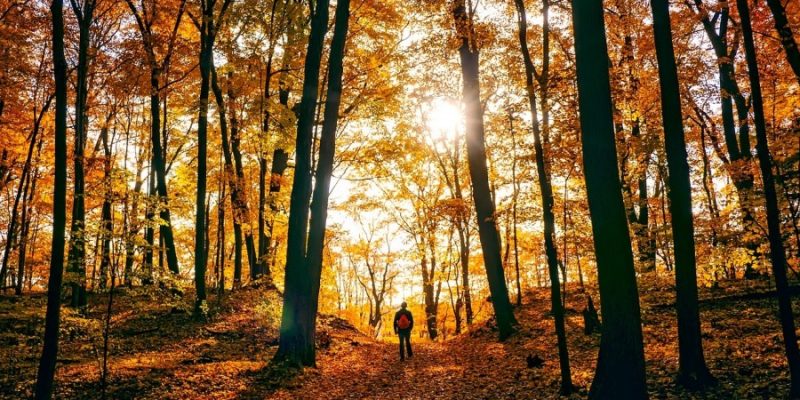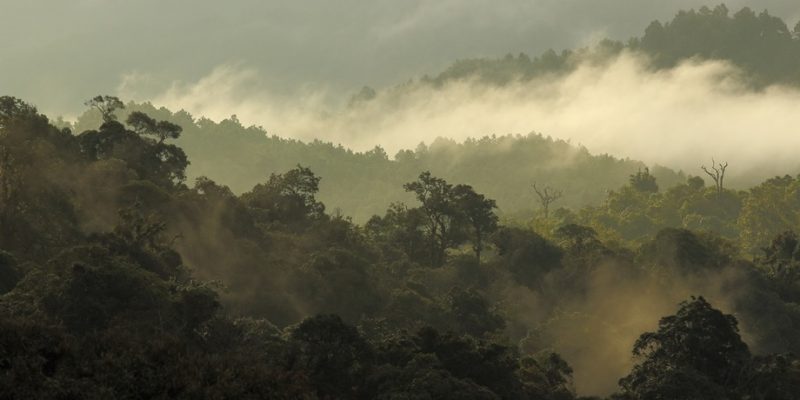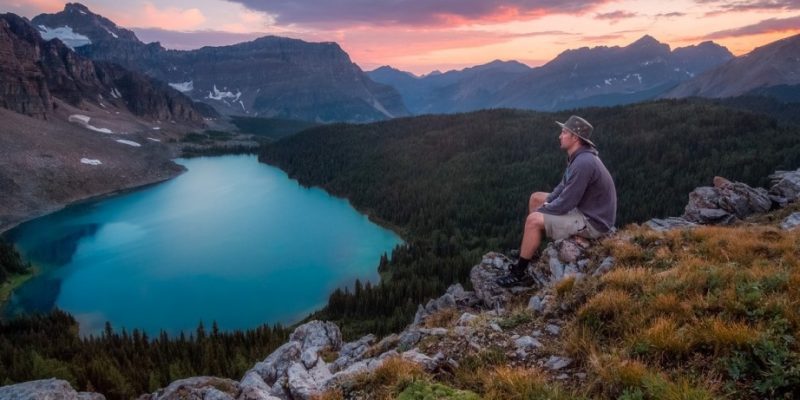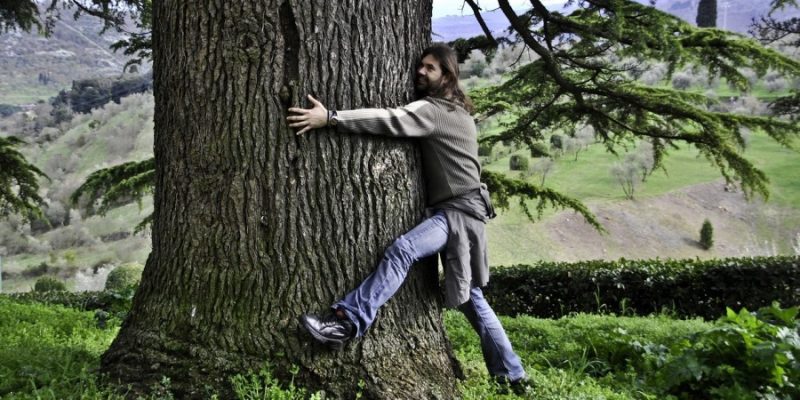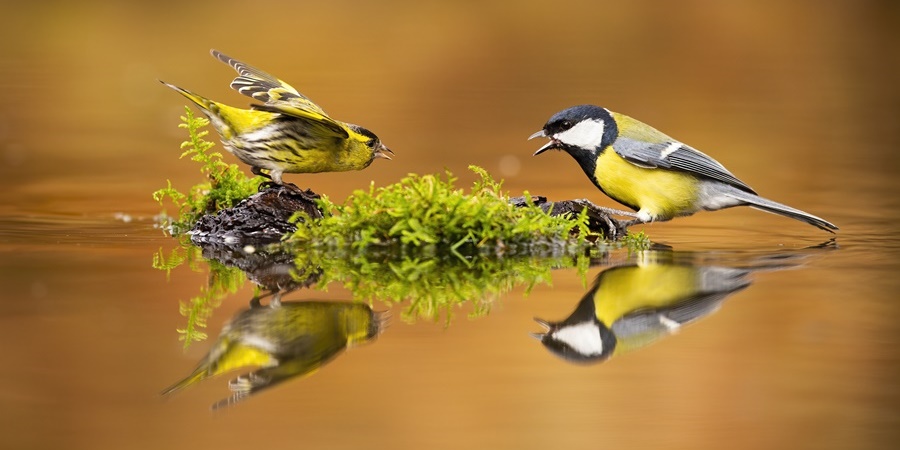
In our contemporary societies, experiencing silence has become a kind of luxury. In fact, the majority of the world population lives in urban areas — a percentage that is still growing — with an estimate of about 70% of mankind that will be living in cities, towns, suburbs, and so on around the year 2050.
Urban areas generally boast a lot of sounds, so much that it has become noise and what we now call noise pollution. It’s caused by our ubiquitous traffic, the unceasing music, television, talking, and yelling from our neighbors, the beeps and jingles of technology in and around our homes, the hustle and bustle of our workplace or office, and the racket of shops and factories, and such. Not to talk about the constant noise of the endless flow of thoughts in our heads.

Today, our senses, mood, and health are challenged to the max, and stress, anxiety, sleep deprivation, fatigue, and depression have become “normal dis-eases.” Subsequently, ever more people look for ways to “shut off,” to disconnect from all that, and experience silence, and thus calmness, peace, rest, relaxation, and healing. There are various ways to do that and one of the means people tend to engage in is spending time in nature.
Nonetheless, nature is typically not so silent at all; you have the birds that sing, frogs that croak, and humming bees, the noise of many kinds of insects, an intensification of the sounds of the wind, trees, rain, and thunderstorms, the waves of the sea or rushing sound of a creek or river, to just name some things. Of course, the types of natural sounds and noises depend very much on the natural environment, climate, and season.
But the fact stays that most natural environments boast a vast array of sounds, although quite different from those that we experience in our cities. Basically, if you really want to experience absolute silence, you’ll need to go very remote from human civilization — to truly uncharted territories — and usually very high in the mountains, above the tree line or even snow line.
I guess that what we’re actually looking for in nature is “another type of noise,” one that differs from our daily portion of sounds in the city. Strangely enough, we usually experience the sounds of nature not as something disturbing, but rather “natural.” We mostly find them peaceful and calming, very much preferable over city hubbub, which we experience as artificial and unsettling.

Of course, living very close to a big waterfall is not silent or peaceful at all, I can assure you that. It’s noisy and maddening. And animals certainly have their share in making noise when it’s mating season or when they battle over territory or food. But then again, in nature we often have the choice to be there where it suits us, that is, nature — by default — implies that we have space and options to our disposal.
You see, urban settlements have given us work, infrastructure, entertainment, amenities, and many services. Things most people cannot or don’t want to live without any longer. Nevertheless, it wasn’t because living in the countryside was inherently unbearable to make urbanization necessary and our prevalent way of life. It was because we forcibly changed mankind’s direction through industrialization, technology, and unbridled population growth, thereby depriving small-scale rural living of its sustainability.
Today, the world is not talking about getting rid of our cities or making them smaller. No, we talk about how we can make cities grow even bigger, while still keeping them livable and sustainable. It’s a complete paradox in view of people becoming increasingly emotionally damaged and ill from living as rats in a cage — or as sardines in a can — if you prefer. Moreover, you can enlarge the cage, but a prison is a prison, even if it’s a very big one.





